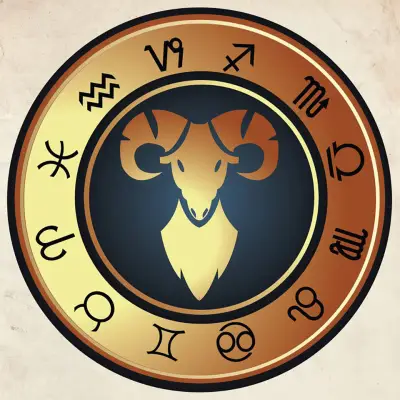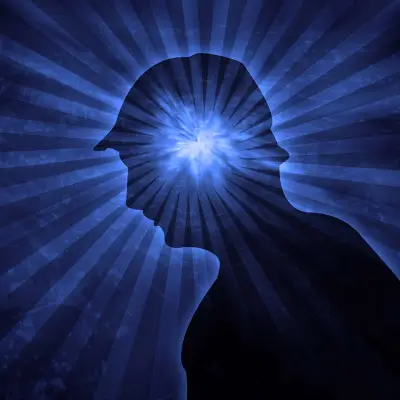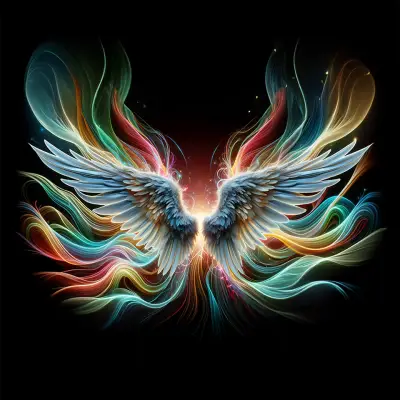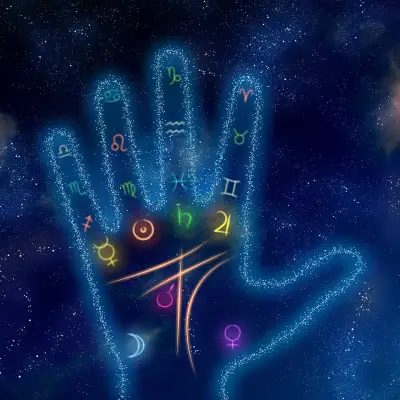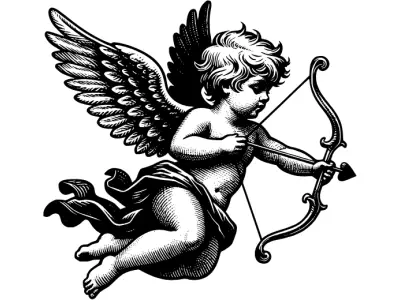For thousands of years, humans have looked up at the stars in search of meaning. Whether you read your horoscope for fun or believe in the power of the zodiac, astrology has been a part of human culture for centuries. But where did astrology come from? Who created astrology, and how did it evolve into what we recognise today?
Understanding the history of astrology gives us insight into its ancient origins, cultural significance, and ongoing influence. This guide takes you through astrology’s past, from its earliest beginnings to its role in the modern world.
Jump to:
- Where Did Astrology Originate From?
- Who Created Astrology?
- When Did Astrology Start Influencing Religion and Philosophy?
- How Did Astrology Change in the Renaissance?
- What Are the Old Zodiac Signs?
- Astrology in Different Cultures
- How Did Astrology Influence Medicine and Science?
- Why Did Astrology Decline as a Science?
- The Future of Astrology
- Study Astrology for £29
Recommended for you!
Best SellersWhere Did Astrology Originate From?
The origin of astrology can be traced back to ancient civilisations that observed the stars to predict events on Earth. Some of the earliest records of astrology come from Mesopotamia, where the Babylonians developed the first organised system of celestial observations.
The Babylonian Beginnings (c. 2000 BCE)
The Babylonians are considered the first ancient astrologers. They believed that celestial events—such as planetary movements and eclipses—were linked to human affairs and natural disasters. By around 600 BCE, they had developed the first horoscope system, using the stars to predict the future of kings and empires.
One of the Babylonians’ greatest contributions was the division of the sky into twelve equal parts, forming what we now know as the zodiac signs. This concept was later adopted by the Greeks and spread throughout the world.
Ancient Egyptian Influence (c. 1500 BCE)
The Egyptians also played a role in the birth of astrology, using their knowledge of the stars to develop a calendar system based on astronomical cycles. The Egyptian decan stars—groups of stars that rose at set times throughout the year—were an early form of astrological timekeeping.
It was Egyptian priests who helped merge Babylonian astrology with Greek ideas, shaping the astrology we recognise today.
Who Created Astrology?

Astrology, as we know it, was shaped by multiple cultures over thousands of years. The Babylonians were the first to develop a system, but Greek philosophers and scholars played a major role in refining and expanding astrological knowledge.
The Greek Contributions (c. 400 BCE – 100 CE)
Greek philosophers were fascinated by astrology and sought to rationalise it. They connected celestial movements with human characteristics and fate, which led to the creation of personal horoscopes.
One of the most important figures in astrology’s development was Claudius Ptolemy, a Greek-Egyptian scholar who wrote the Tetrabiblos, one of the most influential astrological texts of all time. Ptolemy helped establish the zodiac system and planetary influences that are still used today.
Roman Expansion and Popularisation (100 BCE – 400 CE)
The Romans adopted and spread astrology throughout their empire, making it a common part of daily life. Roman emperors often had personal astrologers who advised them on matters of war, politics, and leadership. The Romans also linked astrology with mythology, strengthening its cultural significance.
When Did Astrology Start Influencing Religion and Philosophy?
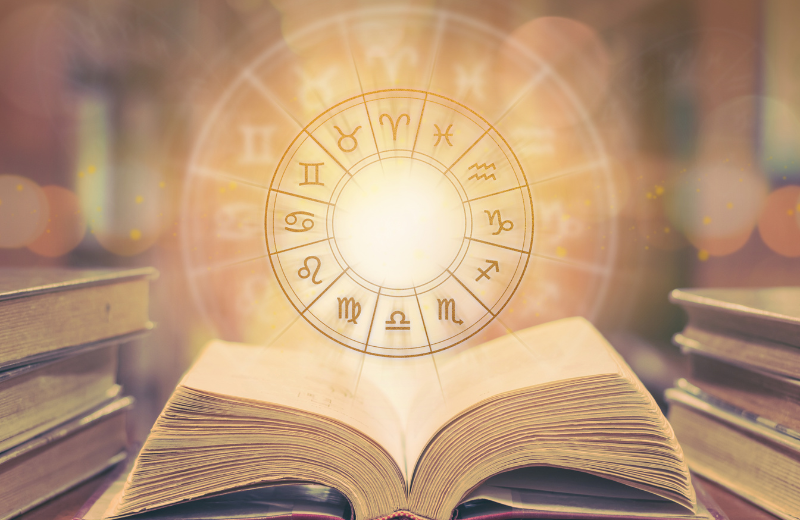
Many ancient religions incorporated astrology into their belief systems. While modern science separates astrology from religion, in the ancient world, the two were often intertwined.
Was Astrology Greek or Indian?
Astrology developed independently in both Greek and Indian traditions, but the two systems eventually influenced each other. Vedic astrology, also known as Jyotish, originated in India over 3,000 years ago and remains one of the oldest forms of astrology still in practice.
Greek astrology made its way to India through cultural exchanges, where it blended with Hindu spiritual traditions. The Indian zodiac shares similarities with the Western system but uses different calculations and planetary influences.
What Religion Started Astrology?
Astrology itself is not tied to any single religion, but it was closely associated with pagan and polytheistic beliefs in the ancient world. Early astrologers often saw the planets as gods, and astrology was used alongside religious rituals.
During the rise of monotheistic religions, such as Christianity and Islam, astrology became controversial. Some religious leaders viewed it as a challenge to divine will, while others saw it as a tool for understanding God’s creation.
How Did Astrology Change in the Renaissance?
During the Renaissance (14th–17th centuries), astrology saw a resurgence in popularity. This period of cultural and scientific revival led to new developments in astrological theory, as well as conflicts with emerging scientific discoveries.
Astrology remained an essential subject at universities across Europe, studied alongside astronomy and medicine. Even famous scholars such as Galileo Galilei and Johannes Kepler practiced astrology while making their groundbreaking scientific discoveries.
However, as modern science advanced, astrology gradually became separated from astronomy, leading to its decline as a scholarly discipline.
Where Do Star Signs Come From?
The zodiac signs originated from the Babylonians, but their meanings have evolved over time. The twelve zodiac signs are based on constellations that the Sun appears to pass through at different times of the year.
Who Invented Zodiac Signs?
The Babylonians were the first to use twelve signs to divide the sky. However, the Greeks named the zodiac signs after mythological figures and linked them to human traits.
The system that we use today—where each sign is associated with personality traits—was largely shaped by Greek and Roman interpretations of astrology.
Are Star Signs Real?
One of the biggest questions surrounding astrology is: Are zodiac signs real? The answer depends on how you interpret astrology. From a scientific perspective, there is no conclusive evidence that star signs influence personality or destiny. Psychological studies suggest that people may subconsciously relate to their star sign descriptions due to a phenomenon called the Barnum Effect—where vague statements seem personally meaningful.
However, astrology remains culturally significant, with millions of people around the world following it as a form of self-reflection, spirituality, or entertainment. Whether or not it is scientifically "real," astrology continues to shape human beliefs, identity, and decision-making.
What Are the Old Zodiac Signs?

Throughout history, there have been several different versions of the zodiac, with some signs being lost or changed over time.
- The Original Babylonian Zodiac – Included 17 or 18 constellations instead of the 12 we recognise today. Some of these were later merged into larger zodiac signs.
- The Ophiuchus Controversy – Some astronomers argue that Ophiuchus, a 13th constellation, should be included in the zodiac, as the Sun passes through it. However, modern astrology still follows the 12-sign system.
- Medieval Adjustments – Over time, astrologers fine-tuned the zodiac calendar, adjusting the exact dates to match seasonal changes.
Although the old zodiac signs have been revised, the core concept of the twelve zodiac signs has remained largely the same for centuries.
Want to put your knowledge of Astrology to the test?
Centre of Excellence has you covered.
Sample the first 2 modules of our Astrology Diploma Course for FREE!
Astrology in Different Cultures
Although Western astrology is widely known, other cultures have their own astrological traditions, some of which are still widely practised today.
Vedic Astrology (Indian Astrology)
- One of the oldest and most complex astrological systems.
- Uses a sidereal zodiac rather than the tropical zodiac used in Western astrology.
- Includes concepts such as karma and past-life influences.
Chinese Astrology
- Chinese Astroolgy is based on a 12-year lunar cycle, with each year assigned an animal sign.
- Includes elements such as Wood, Fire, Earth, Metal, and Water, which interact with each sign.
- More focused on cycles and destiny rather than personality traits.
Mayan Astrology
- Developed by the Mayan civilisation, based on a 260-day calendar (Tzolk’in).
- Each person is assigned a "day sign" that influences their personality and life path.
- Highly mathematical, involving solar and lunar calculations.
These different systems show that astrology is a global phenomenon, with cultures developing their own ways of interpreting the stars and their meaning.
How Did Astrology Influence Medicine and Science?
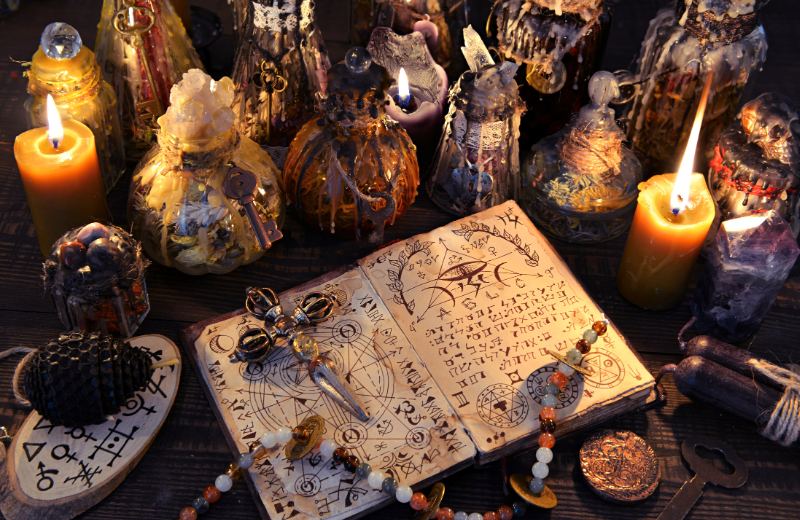
In ancient times, astrology was not just about personal horoscopes—it was deeply linked to medicine, science, and philosophy. Many physicians believed that the positions of the stars and planets influenced human health, and medical treatments were sometimes prescribed based on astrological charts.
During the Middle Ages and Renaissance, doctors used astrological charts to determine the best times for medical procedures, childbirth, and even bloodletting. Some believed that different zodiac signs ruled over specific parts of the body, which led to the development of medical astrology.
However, as modern science advanced, astrology was gradually separated from medicine. Today, astrology is no longer recognised as a scientific field, but its historical influence on medicine is still studied in academic circles.
Why Did Astrology Decline as a Science?
Astrology was once considered a legitimate scholarly discipline, studied alongside astronomy and mathematics. However, its decline as a science happened due to several key developments:
- The Scientific Revolution (16th–18th Century) – As new scientific discoveries emerged, scholars began to favour evidence-based research over mystical interpretations. Astronomers such as Galileo Galilei and Johannes Kepler made major contributions to our understanding of the solar system, challenging traditional astrological beliefs.
- Newton’s Laws of Motion (17th Century) – Sir Isaac Newton’s discoveries about gravity and planetary motion provided a physical explanation for celestial movements, reducing the belief that planets had mystical influences on human lives.
- The Rise of Rationalism (18th–19th Century) – The Age of Enlightenment promoted logical reasoning and empirical evidence, further pushing astrology away from mainstream science.
By the 19th and 20th centuries, astrology had become more of a spiritual practice rather than a scientific discipline. However, despite losing its status as a science, astrology remained popular worldwide.
Recommended for you!
Best SellersThe Future of Astrology
Despite its decline as a scientific field, astrology has experienced a major revival in modern times. With the rise of social media, online horoscopes, and personalised birth charts, astrology has become more accessible than ever. Some trends shaping the future of astrology include:
- AI-Generated Birth Charts – Apps like Co-Star and The Pattern use artificial intelligence to create detailed astrological readings.
- Astrology in Wellness Movements – Many people use astrology alongside meditation, tarot, and mindfulness practices.
- Growing Interest in Traditional Astrology – Some astrologers are reviving ancient techniques that were lost during astrology’s decline in the scientific revolution.
While some view astrology as entertainment, others see it as a powerful tool for understanding personality, relationships, and life cycles. Regardless of your beliefs, astrology remains one of the oldest human traditions, connecting us to the stars and our own sense of purpose.
Study Astrology for £29
Astrology has shaped human history for thousands of years, evolving from an ancient practice to a modern tool for self-discovery and reflection. If you're interested in learning more, Centre of Excellence offers an in-depth Astrology Diploma Course that covers everything from its rich history to chart interpretations. Right now, you can get this course for just £29—a fantastic opportunity to deepen your astrological knowledge.


